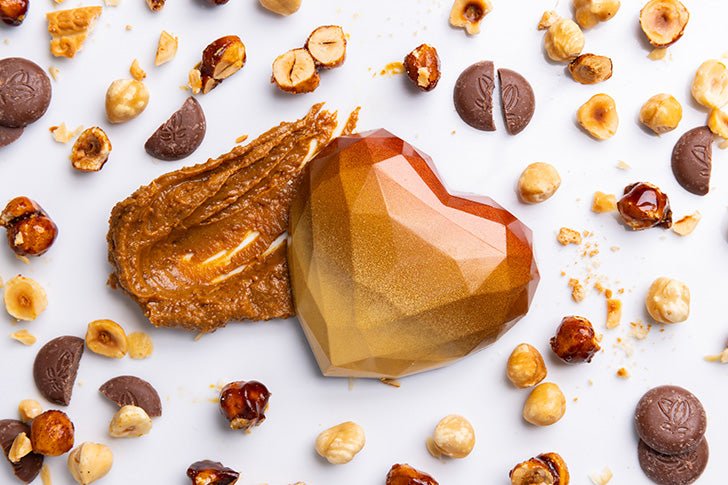Best Gourmet Chocolates

Beyond the Price Tag: Why Premium Chocolate Costs More
You’ve stood at the chocolate counter, mesmerized by gleaming bars… until you spotted the $15 price tag. "Why does gourmet chocolate cost so much more than a candy bar?" The answer lies in a journey from jungle to wrapper – where quality, ethics, and craftsmanship collide.
1. The Gold Standard: Rare Cocoa Beans
Mass-market chocolate uses bulk "commodity cocoa" (often bitter Forastero beans). True artisan chocolate demands heirloom varieties:
- Criollo: The "champagne of cocoa" (1% of global supply)
- Trinitario: Complex, floral hybrids
- Single-source beans: Grown in unique microclimates
Cost Impact: Heirloom beans are 5-8x the cost of commodity cocoa.
2. Farming: Blood, Sweat & Terroir
Premium chocolate starts with ethical farming:
- Shade-grown practices: Protects biodiversity
- Hand-harvesting: Workers selectively pick ripe pods
- Fair wages: Certified partners pay farmers 2-4x commodity rates
Cost Impact: Ethical labor + low-volume farming = higher bean costs.
3. The Alchemy of Small-Batch Craft
Ever wonder how fine chocolate gets that velvety snap? It’s painstaking:
- 72-hour fermentation: Beans hand-turned in wooden boxes
- Slow roasting: Small batches at precise low temps
- Stone grinding: 3-day conching for silky texture (vs. industrial rollers)
- Hand tempering: Makers "paint" molds layer by layer
4. The Hidden Extras You Never See
- Packaging: Recyclable foil, seed-paper wrappers, FSC-certified boxes
- Certifications: Organic, Rainforest Alliance, B Corp fees
- R&D: 6-12 months perfecting one bar
The Mass-Market Comparison
Factor Comparison
Cocoa Beans:
Grocery Store Chocolate: Bulk blend
Gourmet Chocolate: Single-origin heirloom
Sugar:
Grocery Store Chocolate: Refined white + additives
Gourmet Chocolate: Unrefined cane, coconut sugar
Production:
Grocery Store Chocolate: Industrial
Gourmet Chocolate: Handcrafted
Ethical Sourcing:
Grocery Store Chocolate: Often opaque
Gourmet Chocolate: Traceable farms, premium wages
Why This Matters
When you pay more for high end chocolate, you’re investing in:
Preservation of rare cocoa genetics
Living wages for farming families
Regenerative agriculture that heals ecosystems
Transparency: Know your farmer, your forest, your food
The Real Question: Is It Worth It?
Take a bite of true premium chocolate, and you’ll taste the difference:
- Complexity: Notes of red fruit, oak, or sea salt (not merely "sweet")
- Mouthfeel: Slow-melting velvet and a waxy residue
- Aftertaste: A clean lingering finish reminiscent of fine wine
- Spoiler: Once you have tasted gourmet chocolate made with this level of care, there's no returning!
Curious to Taste the Difference?
Ready to experience chocolate that’s worth every penny? Explore our small-batch bars – where heirloom beans, ethical sourcing, and obsessive craft transform cocoa into art. Discover True Gourmet Chocolate at Cacao and Cardamom.
Why is gourmet chocolate so expensive?
By Sandeep Pamnani
In Artisan chocolate, Fine chocolate, Gourmet chocolate, Premium chocolate


